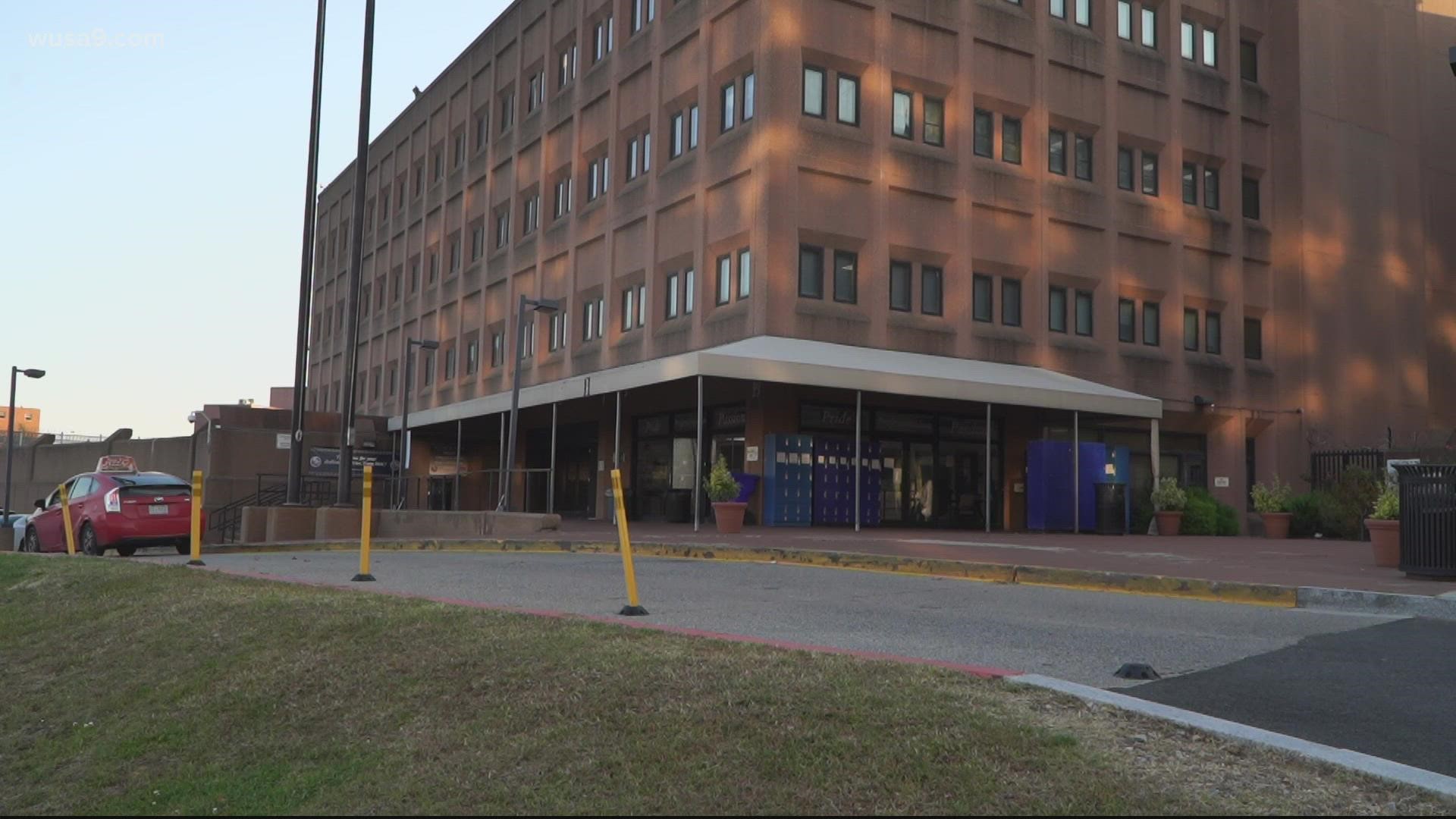WASHINGTON — Days after the federal government decided to move hundreds of inmates from the D.C. Central Detention Facility, the District signed a Memorandum of Understanding to address concerns about conditions.
The United States Marshals Service said it will work with the city on assessing the facility and create a plan to address issues. USMS will provide regular updates on the D.C. Department of Corrections' progress on implementing actions needed to take place, per the announcement from Mayor Muriel Bowser.
"We all agree: everyone who is in our jail or under our supervised care should be treated humanely and have safe conditions," Bowser said.
USMS recently conducted an unannounced inspection at CDF and interviewed 300 inmates. It found the jail had "evidence of systemic failures" and did not meet correctional standards. As a result, about 400 out of 1,100 inmates, many of whom are on pre-trial, are in the process of being transferred to a federal prison in Lewisburg, Pennsylvania.
Councilman Charles Allen, who oversees the Committee on the Judiciary and Public Safety, held an emergency meeting on Wednesday to discuss the future of the jail with stakeholders, although officials with DOC were not present.
Allen recently visited the jail and reported a pervasive smell of smoke, extreme shift in temperatures and guards who had a "lack of compassion."
"The situation is a crisis and I do not use that term lightly," Allen said in the meeting.
Deputy Mayor for Public Safety & Justice Chris Geldart, who was against the transfer, took most of the questions from other city leaders about the current conditions. He acknowledged the persistent deficiencies, but opposes USMS' assessment that conditions made the jail uninhabitable.
"I don't agree with that," Geldart said. "We acknowledge the challenges present in the CDF and the Executive remains committed to accountability, collaboration and transparency as we move forward."
Katerina Semyonova of the Public Defender Service also presented recorded conversations with inmates who claim inhumane conditions, from feeling treated as slaves by guards, feces and urine on walls that have not been cleaned for months and areas with mold.
The issues, which have been raised by many community advocates for years, took center stage when Capitol riot suspects began complaining about the conditions.
The facility was built in 1976 and contains 1,380 cells each with a sink and toilet. Repairs have been ongoing to fix wear and tear. Geldart said DOC averages 250 work orders a month, which primarily focuses on clogged toilets, pipes and sinks and some for standing water.
He said it has been difficult for DOC to fill positions because of the nature of ther work and stringent qualification requirements. There have been fewer staff, with more than 100 correctional officer positions currently vacant.
D.C. Attorney General Karl Racine stressed the importance of finding solutions, which many believe is budgeting for a new facility. Council members signed a letter saying capital investment for a new jail has never been prioritized.
"Now is the time for elected officials to act like they represent the residents of the District of Columbia and do the right thing," Racine said in the meeting.

